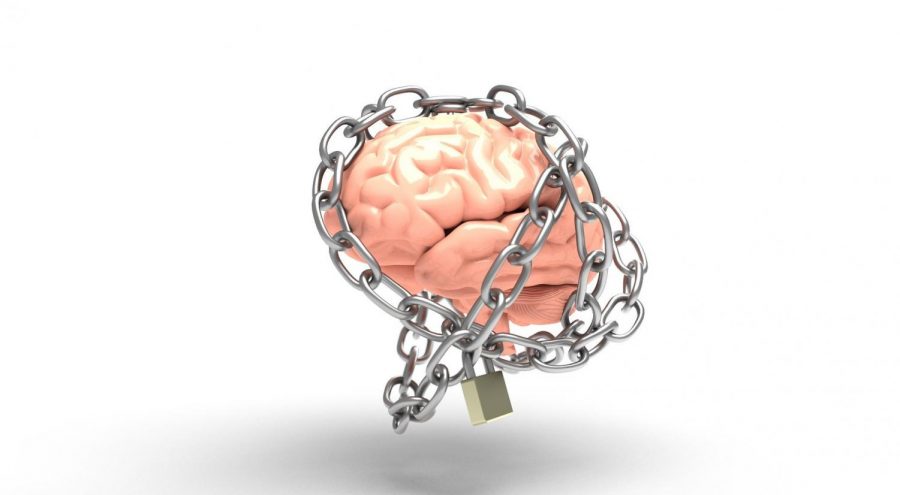What is OCD?
December 15, 2020
One percent of people in the world have obsessive compulsive disorder and of that, 1 out of 100 children have it as well. OCD is when a person gets caught in a cycle of unwanted obsessions and compulsions. These become so extreme that it gets in the way of daily life and takes up a lot of a person’s time. But, OCD isn’t just what social media portrays it to be. In an article from the International OCD Foundation they said,“Obsessions are thoughts, images or impulses that occur over and over again and feel outside of the person’s control. Individuals with OCD do not want to have these thoughts and find them disturbing. In most cases, people with OCD realize that these thoughts don’t make any sense.”
I was able to interview an anonymous student who wanted to share their story with OCD, “OCD is really hard to take care of. My life is put to a halt just to do an action so I don’t die or get sick. My OCD is a trigger of my fear of getting sick. I can’t walk into my dining room from a specific hallway. I have to read specific books before I go to bed. I have to say goodnight to my sister a specific way. Everything I do is so excruciatingly specific and I can’t seem to stop,” they said, “Therapy doesn’t seem to help. All of my obsessions are just so I don’t get sick. I can’t even prove that they help me not get sick. I am just so scared to stop because I don’t want to see what bad things will happen if I do.” This person has had obsessive compulsive disorder since they were eight and it has progressively gotten worse. They have told me they want it to stop, but they don’t know how.
Some people out there don’t really understand what OCD is. People think it is more intense perfectionism than anything else. Although that’s sometimes true, it’s not always the same for everyone. It’s different for every person. A common misconception is that people with OCD can understand that their actions aren’t rational, so they can just stop doing their compulsions. This is simply not true. People with OCD would rather go through with their obsessions than let intrusive thoughts come to them when they don’t. Another misconception is someone with OCD is controlling and nitpicky. Most of the time, you can’t even tell if a person has OCD. It is a mental illness; not a personality trait. OCD is a difficult thing to live with, so let’s stop the stigma of what we’ve been conditioned to think it is and try to understand the reality of it.
Sources-
Villines, Contributed by Zawn. “Top 10 Myths: A Guide to Everything OCD Is Not.” GoodTherapy.org Therapy Blog, 8 May 2018, www.goodtherapy.org/blog/top-ten-myths-a-guide-to-everything-ocd-is-not-0513187.
“OCD Facts and Statistics.” Black Bear Lodge, Black Bear Lodge, 2020, blackbearrehab.com/mental-health/obsessive-compulsive-disorder/ocd-facts-and-statistics/.


